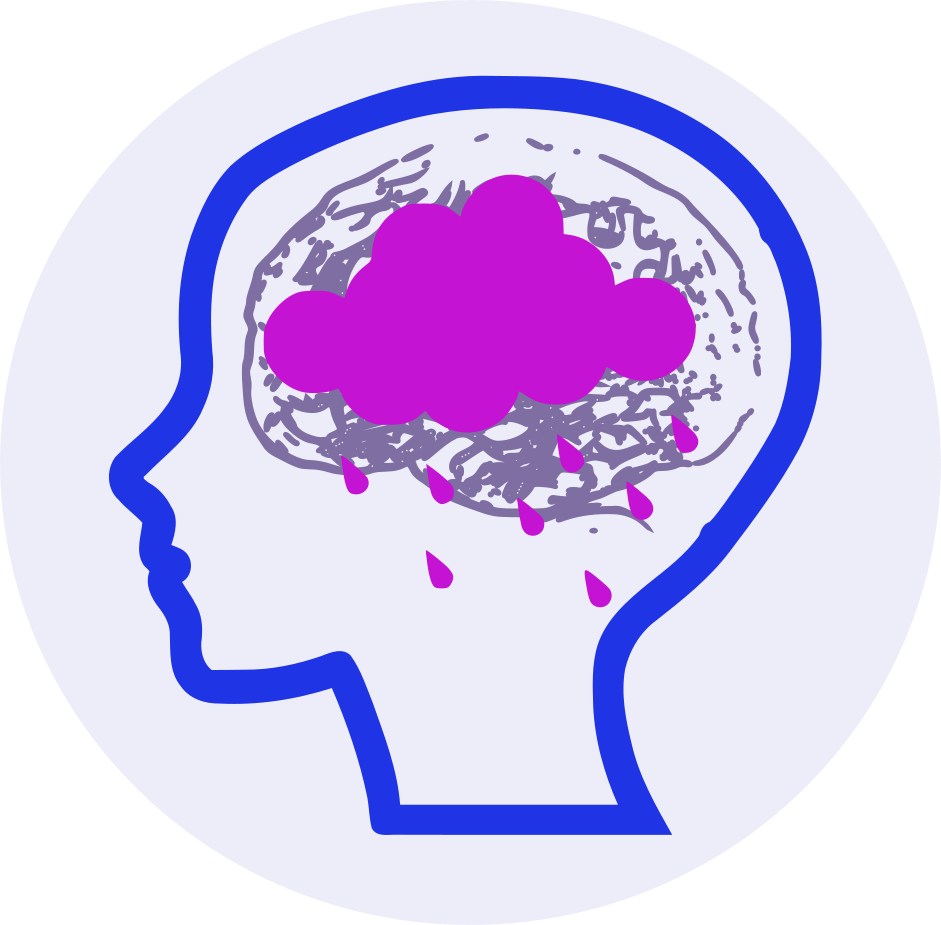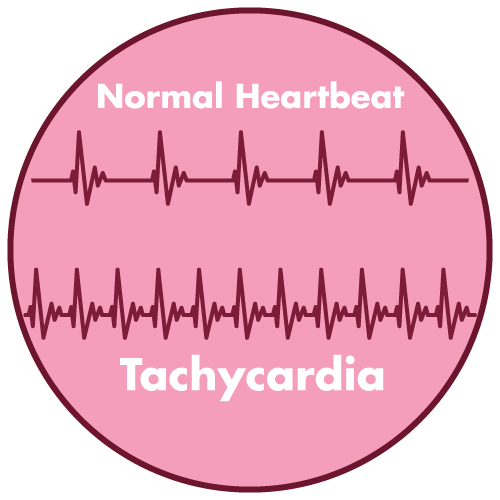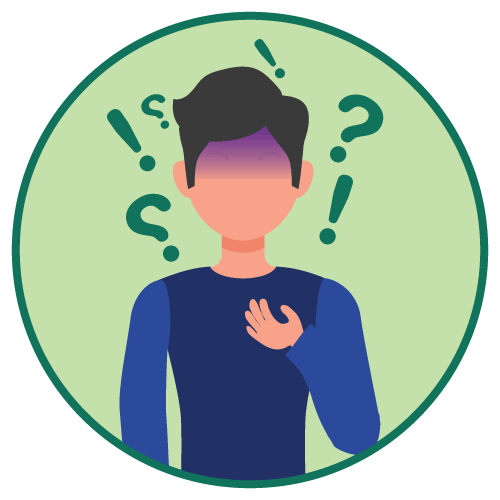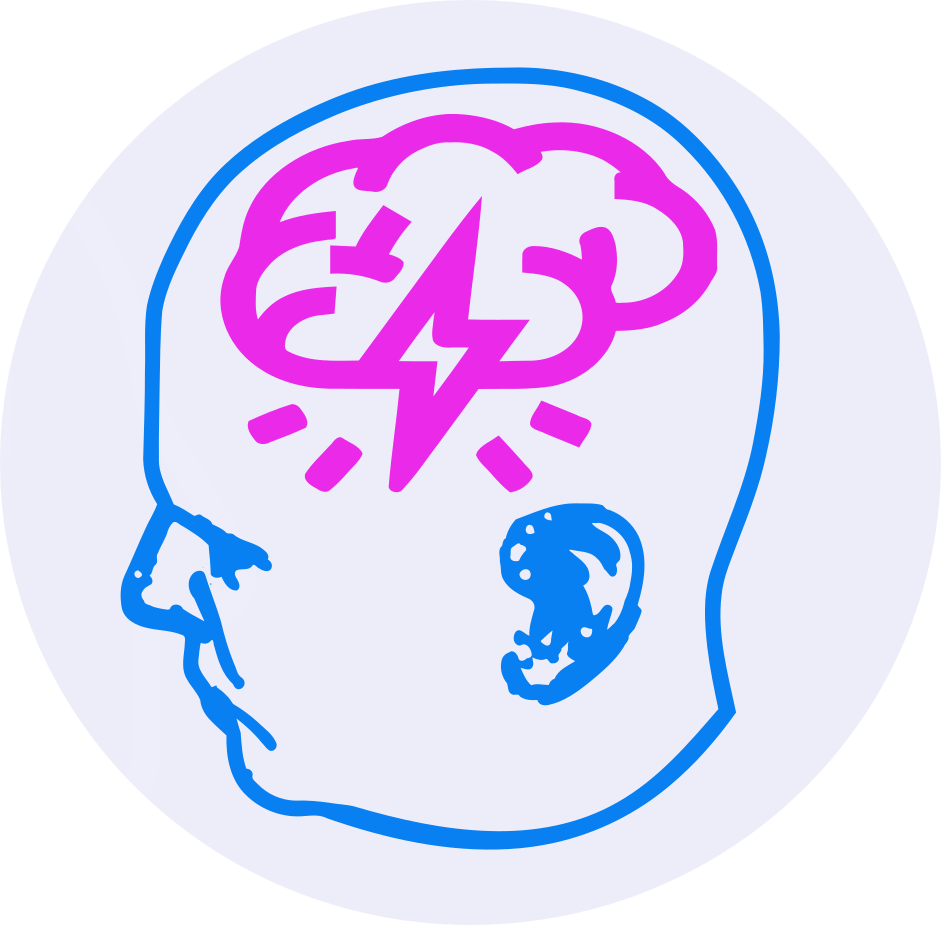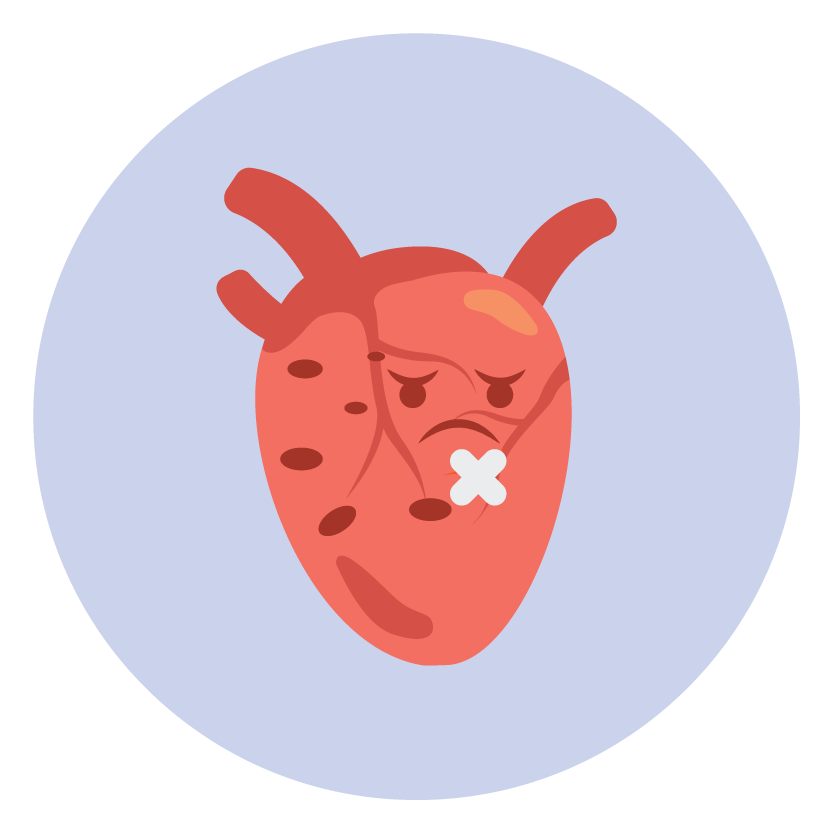| Name | Trimipramine |
| Classes |
Central Nervous System Agent Psychotherapeutic Agent Tricyclic Antidepressant |
| Diseases |
CNS Disorder Depression |
Trimipramine
Trimipramine belongs to a class of drugs called the tricyclic antidepressants. Its main mode of action is to prevent serotonin and norepinephrine from being reabsorbed, so increasing their levels in the brain.
Trimipramine Hydrochloride is indicated for the treatment of the following conditions-
- Depression
- Outpatients and office patients—75 mg/day in divided doses at first, then increased to 150 mg/day. It is not recommended to take more than 200 mg each day.
- Maintenance doses range from 50 to 150 mg per day.
- The complete dosage requirement may be given at bedtime for more convenient therapy and patient compliance. Initially, 100 mg/day in divided doses for hospitalized patients. Depending on individual reaction and tolerance, this may be gradually increased to 200 mg/day over a few days.
- If no improvement occurs after two to three weeks, the dose may be increased to the maximum suggested dose of 250 to 300 mg per day.
- Adolescent and geriatric patients: A starting dose of 50 mg per day is indicated, with gradual increases up to 100 mg per day based on patient response and tolerability.
- Cardiovascular: Orthostatic hypotension, hypertension, tachycardia, palpitation, myocardial infarction, arrhythmias, heart block, ECG changes, precipitation of congestive heart failure, stroke.
- Psychiatric: Confusional states (especially in the elderly) with hallucinations, disorientation, delusions; anxiety, restlessness, agitation; insomnia and nightmares; hypomania; exacerbation of psychosis.
- Neurological: Numbness, tingling, paresthesias of extremities; incoordination, ataxia, tremors; peripheral neuropathy; extrapyramidal symptoms; seizures, alterations in EEG patterns; tinnitus.
- Anticholinergic: Dry mouth, and, rarely, associated sublingual adenitis; blurred vision, disturbances of accommodation, mydriasis; constipation, paralytic ileus; urinary retention, delayed micturition, dilation of the urinary tract.
- Allergic: Skin rash, petechiae, urticaria, itching, photosensitization; edema (general or of face and tongue); drug fever; crosssensitivity with desipramine.
- Hematologic: Bone marrow depression including agranulocytosis; eosinophilia; purpura; thrombocytopenia.
- Gastrointestinal: Nausea and vomiting, anorexia, epigastric distress, diarrhea; peculiar taste, stomatitis, abdominal cramps, black tongue.
- Endocrine: Gynecomastia in the male; breast enlargement and galactorrhea in the female; increased or decreased libido, impotence; testicular swelling; elevation or depression of blood sugar levels; inappropriate antidiuretic hormone (ADH) secretion syndrome.
- Other: Jaundice (simulating obstructive); altered liver function; weight gain or loss; perspiration; flushing; urinary frequency; drowsiness, dizziness, weakness and fatigue; headache; parotid swelling; alopecia; proneness to falling.
- Withdrawal Symptoms: Though not indicative of addiction, abrupt cessation of treatment after prolonged therapy may produce nausea, headache, and malaise.
Suicidality and Antidepressant Drugs
Antidepressants increased the risk compared to placebo of suicidal thinking and behavior (suicidality) in children, adolescents, and young adults in short-term studies of major depressive disorder (MDD) and other psychiatric disorders. Anyone considering the use of Imipramine Hydrochloride or any other antidepressant in a child, adolescent, or young adult must balance this risk with the clinical need. Short-term studies did not show an increase in the risk of suicidality with antidepressants compared to placebo in adults beyond age 24; there was a reduction in risk with antidepressants compared to placebo in adults aged 65 and older. Depression and certain other psychiatric disorders are themselves associated with increases in the risk of suicide. Patients of all ages who are started on antidepressant therapy should be monitored appropriately and observed closely for clinical worsening, suicidality, or unusual changes in behavior. Families and caregivers should be advised of the need for close observation and communication with the prescriber. Imipramine Hydrochloride is not approved for use in pediatric patients
- The development of a potentially life-threatening serotonin syndrome has been reported with SNRIs and SSRIs, including trimipramine, alone, but particularly with concomitant use of other serotonergic drugs (including triptans, tricyclic antidepressants, fentanyl, lithium, tramadol, tryptophan, buspirone, and St. John’s wort) and with drugs that impair metabolism of serotonin.
Contraindication
- Contraindicated in patients hypersensitive to any component of the medication.
- Concomitant administration with Monoamine oxidase inhibitors is contraindicated; such as-
- The possibility of cross-sensitivity to other dibenzazepine compounds should be kept in mind.
None known.
The drug is contraindicated during the acute recovery period after a myocardial infarction.
 Bangla
Bangla English
English